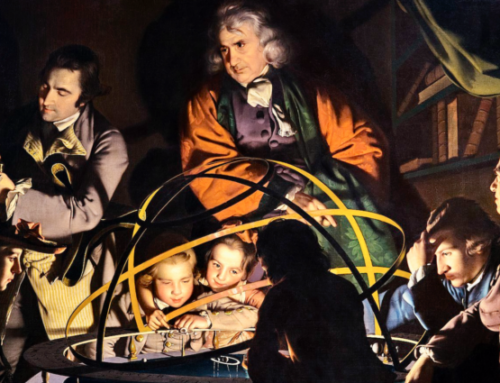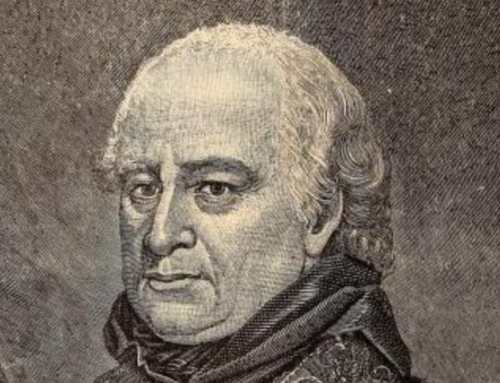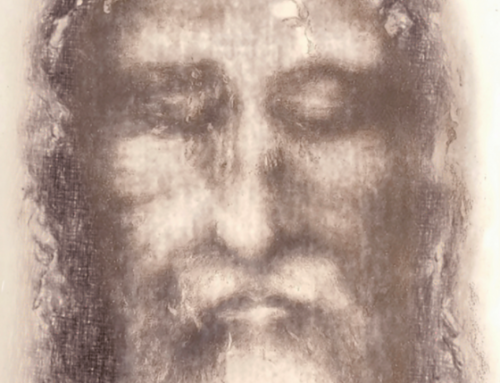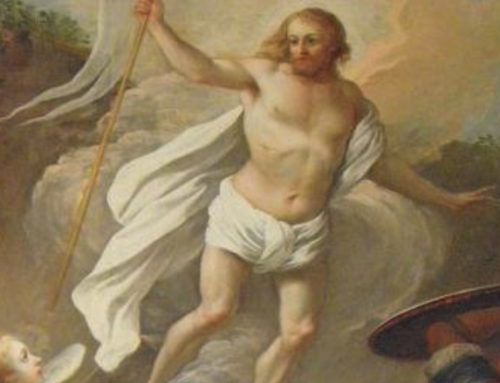 Conservatives to a significant degree are defined by their respect for historical origins. In the American context this has meant recognizing the importance of a tradition with its roots in England, but also further back, and further East. To put it in terms reminiscent of Russell Kirk, the religion of Jerusalem, the philosophy of Athens, the law of Rome, and the common law culture of London all were critical to the development of the American political tradition, of our constitution of government, and of our way of life.
Conservatives to a significant degree are defined by their respect for historical origins. In the American context this has meant recognizing the importance of a tradition with its roots in England, but also further back, and further East. To put it in terms reminiscent of Russell Kirk, the religion of Jerusalem, the philosophy of Athens, the law of Rome, and the common law culture of London all were critical to the development of the American political tradition, of our constitution of government, and of our way of life.
There is one source of our tradition, however, which too often is overlooked, or at any rate minimized. If one were to place it in a particular city, it probably would be The Hague. Capital of the Netherlands, this unusual little city is, and was, the capital of a highly unusual little country which for a century or two had an outsized impact on the world, and on American settlers in particular.
Of course, any college or even high school course in American history should (though probably no longer does) mention the fact that many of the Puritans who would settle New England first fled English suppression of their Calvinist religion by going to Holland. They did not like what they found there (lax public laws and lax morals). But they continued to be influenced by the political and religious thinking and lived examples that had been shaping English Calvinism and Calvinist politics for some time.
Of course, Calvinism generally is identified with the Swiss city-state of Geneva. But that city existed, politically, as a kind of hothouse flower, protected for years by the presence of Calvin himself (though that did not prevent significant problems) and, more important, the strength and isolation of the Swiss confederation. The Netherlands, on the other hand, was a nation born in the crucible of sustained conflict. The Dutch people over generations developed a pluralist society and a kind of federal government sufficient to win independence from the Spanish monarch while retaining local freedoms and significantly divergent, traditional ways of life.
The Dutch republic had only a relatively short time as a major power and example of good government, before descending for some time into a rather petty empire seemingly motivated only by greed. But beginning in the 16th and going into the early 18th century, the Netherlands provided examples of ordered liberty, as well as practically grounded theories underlying good government. Here a people numerous and organized enough to constitute a nation gave perhaps the first viable alternative to the centralizing monarchies then solidifying power throughout Europe. Here an early modern people came to grips with the intrinsically plural structure of society in such a way as to win their independence as a nation without losing their religious identities or local rights of self-government.
The great theorist of this time and place was Johannes Althusius. Born in what is now Germany, Althusius identified closely with his fellow Calvinists in the Netherlands. He understood, in part from simple observation of lived examples all around him that people do not exist as individuals. We all are, in our essence, members of various communities. Where in most early modern states monarchs had set about destroying most of the communities in which people become fully human and live out their lives, the Dutch never fully succumbed to the power of any single monarch. Their “petty” republics and principalities hung on tenaciously to their particular liberties and ways of life. Split by religious differences, the Dutch developed somewhat (note the lack of emphasis, here) more toleration of religious dissent than most other countries. But where they truly showed their strength was in their recognition and practice of what Calvinists in the New World would term “federal liberty.”
Federal liberty is the freedom to live according to one’s covenants. Daniel J. Elazar explained federal liberty as a kind of correction to modern rights theory. We must recognize for every person, he argued,
the right and obligation to covenant, which is simultaneously both right and obligation. The exercise of all rights is through the covenants freely entered into by humans. Every individual human and every human community and polity lives within this network of covenants and only can find expression for rights within a network of covenants. Humanity is the sum of its obligations and rights, not to the state but to a transcendent and mutually accepted morality. Humans are free because only the free can be obligated to be moral and just and only by being obligated to strive to be moral and just do they find expression of their inalienable rights.
When the Calvinists of the seventeenth century formed their conception of federal liberty they were not concerned primarily with discussions of individual rights. But they were concerned to establish the limits of legitimate power in the face of monarchs hostile to their religion, traditions, and ways of life. Those powers were limited, they claimed, by the duty of rulers to respect the variety of covenants into which their people had entered. These binding agreements, including God as a guaranteeing witness, bound individual persons to local communities rooted in family, in religion, in geography, and in public connections (e.g. rights to vote for local leaders) that we today can only understand as political. A monarch seeking to stamp out these communities broke his own covenant with God and, if he persisted over time, forfeited his right to the loyalty and support of his people.
King Philip of Spain reached this point with his Dutch subjects. The Dutch people organized themselves into an alliance of communities under the leadership of “William the Silent,” whose constitutional role and power over the whole nation was distinctly limited.
The result in the Netherlands was one of the very few victories against the drive to royal absolutism. The formation of their country was the result of a willingness to build from the bottom up—that is, from the great variety of small republics and principalities, with roots going back centuries, to which the people had developed strong attachments—up to the provincial and only from there any national level.
The Calvinists of New England would develop their own communities in the covenantal fashion practiced in the Netherlands. Their habit of forming church covenants was rooted in Calvinism and in the political circumstances of their own time and place—including the circumstances presented by English hostility toward Calvinist communities. But the example of the Netherlands would show how these covenants might be built upon to forge further, higher covenants—such as that joining several smaller communities into the “federation” of what would become Connecticut—or that joining the larger, provincial communities of the various states into the decidedly limited federal government.
The Imaginative Conservative applies the principle of appreciation to the discussion of culture and politics—we approach dialogue with magnanimity rather than with mere civility. Will you help us remain a refreshing oasis in the increasingly contentious arena of modern discourse? Please consider donating now.







I do not profess with the author to be a scholar of Dutch history. In the 1960s. I had the pleasure of crossing the stormy Atlantic in winter on one of Holland-America’s smallest tubs with a group of Dutch students returning to home for a wedding of one of them. On ship all of us attended the Dutch Reformed service. They were familiar with their Dutch bible that holds the same position in their tongue as the English King James and the German translation by Luther in each of the latter. That is not something one would expect nowadays of university students from the country that has most perpetuated the doctrines of the Nazis and been the forerunner of its spread to the rest of Europe. They not only invited me to the wedding but insisted I stay with each of them in their various cities and towns across the country, including sharing rooms and classes with several at Leiden. Even then I got to taste how on a bicycle one could easily traverse several communities of Dutch Reformed and Catholic in half a day.
The disturbing question for we Americans is how we can prevent tumbling into the same abyss so quickly since we derived many of our traditions from their “golden age”?